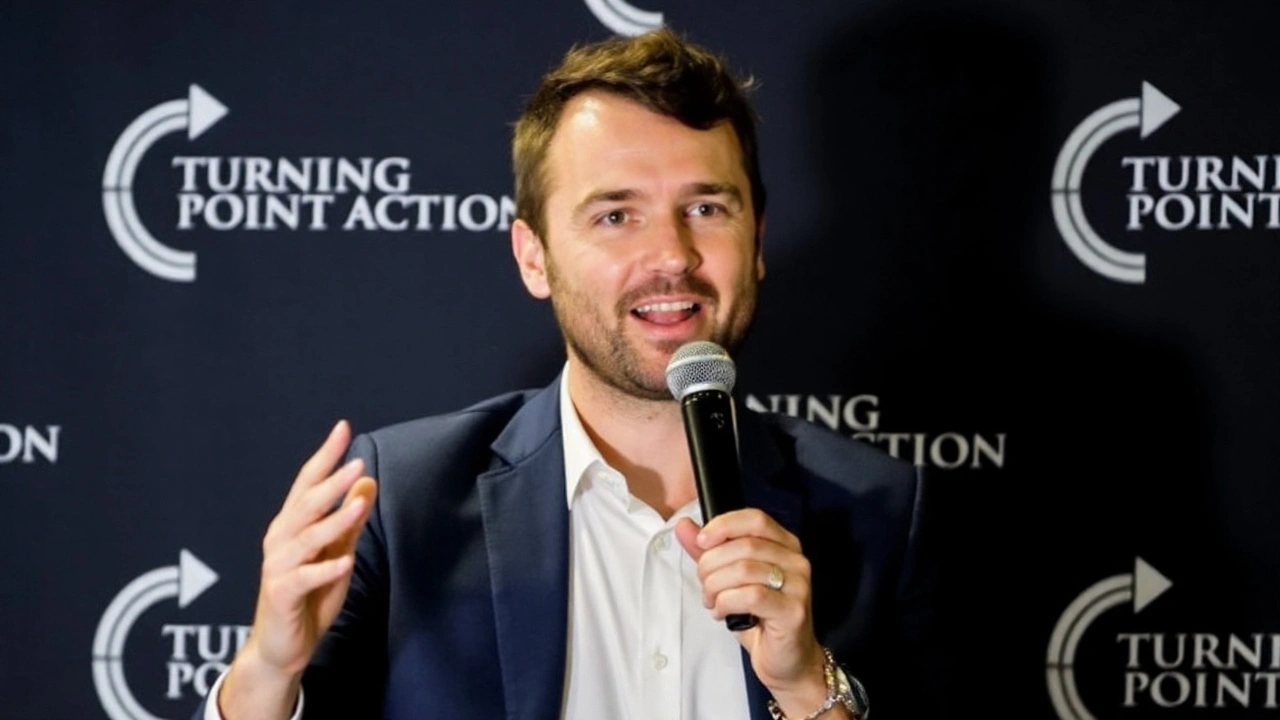When news talks about protests turning deadly or neighborhoods shuttering because of clashes, it’s talking about political violence. Basically, it’s the use of force – from street fights to armed attacks – to push a political agenda. It isn’t just about slogans; it’s about real damage to people, property, and daily life.
There isn’t one single reason why political violence erupts. In South Africa, for example, economic inequality often fuels anger. When a small elite holds most of the wealth, the rest can feel like they have no voice, and some turn to force to be heard.
Ethnic and tribal loyalties add another layer. If a party is seen as representing one group over another, tensions can flare quickly. Add a weak rule of law – police that can’t respond fast or are seen as biased – and you have a perfect storm.
External influences matter too. Foreign actors sometimes fund local groups to destabilise a region for their own gain. Those funds buy weapons, amplify rhetoric, and make a local dispute look far bigger than it is.
If you live in an area where political violence has flared, basic precautions can keep you safer. First, stay informed: follow reliable local news and community alerts. Knowing when and where protests are planned lets you avoid hot spots.
Second, keep a low profile during unrest. Don’t wear political symbols that could tag you as a supporter of one side. If you must travel, use main roads, travel in groups, and let someone know where you’re going.
Third, have an emergency kit ready – water, a phone charger, some cash, and basic first‑aid supplies. Power outages are common when clashes damage infrastructure, and a kit can buy you time.
Finally, know how to report incidents. South Africa’s police have a non‑emergency line for violence reports, and many NGOs offer hotlines for anonymous tips. Reporting helps authorities allocate resources and can prevent escalation.
Political violence also leaves a lasting impact on mental health. Talk to friends, family, or a counselor if you feel anxious or scared. Community groups often run support sessions after a flare‑up, and joining them can give you both information and emotional backup.
In short, political violence is a mix of economic, social, and political sparks that can ignite quickly. By staying aware, keeping a low profile, and having a small emergency plan, you reduce your risk. Keep an eye on trusted news sources, share updates with your circle, and never hesitate to call for help when things get unsafe. Your safety starts with simple, everyday steps.
